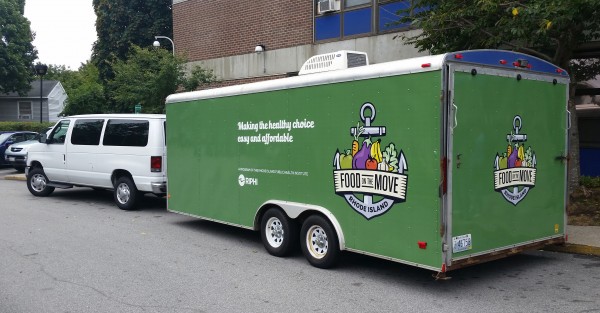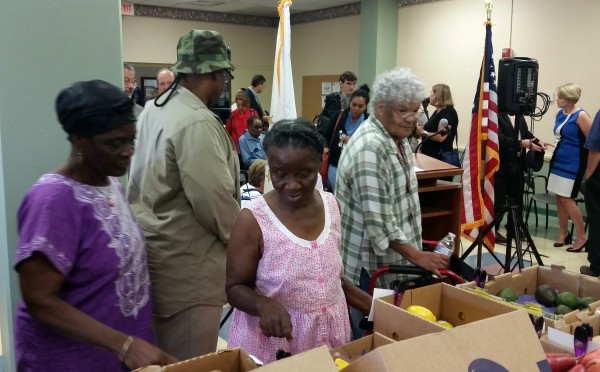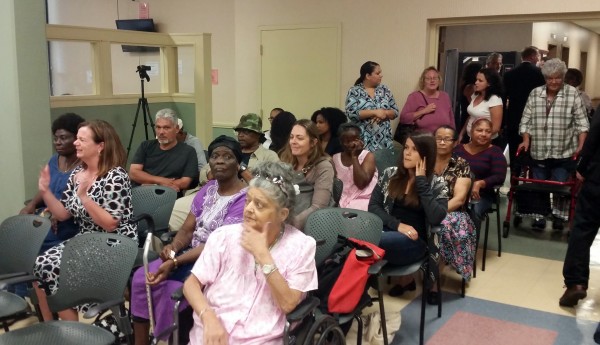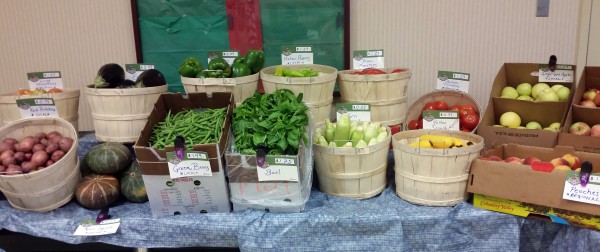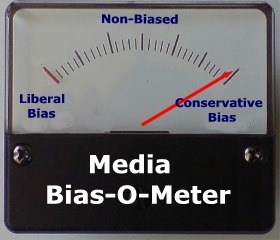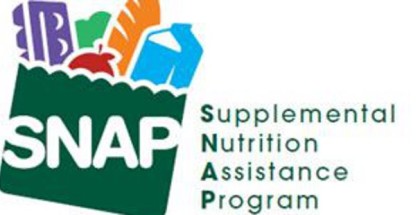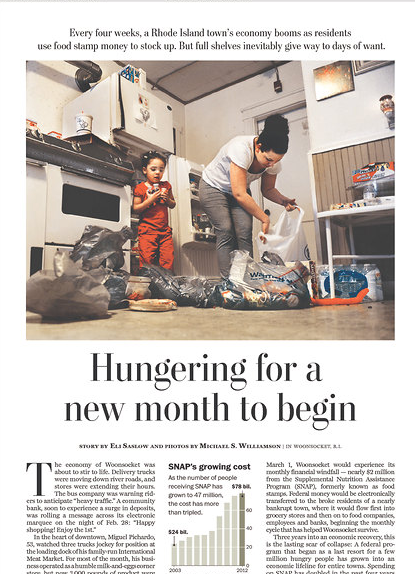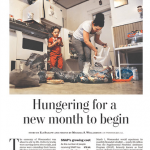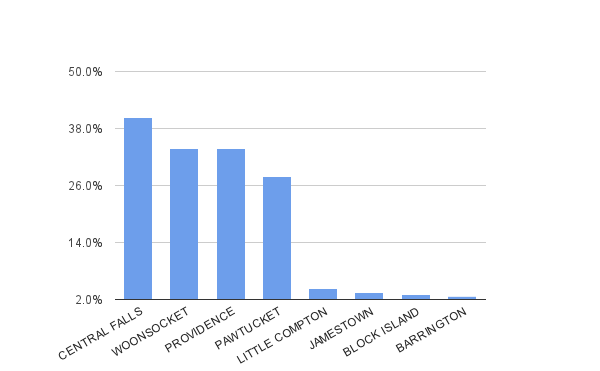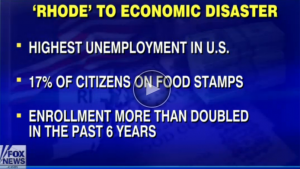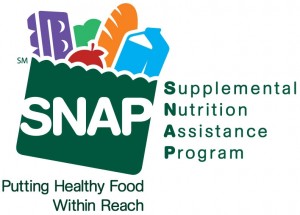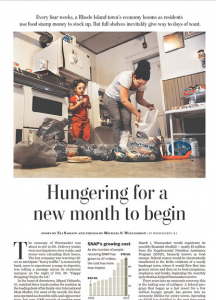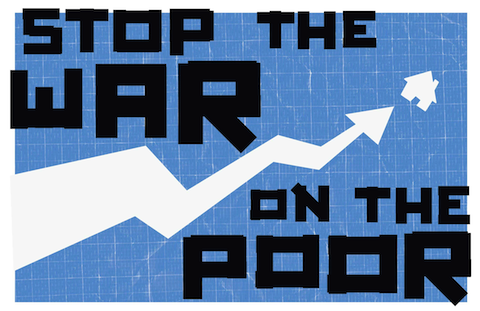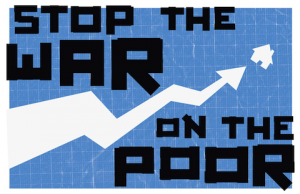 Over one hundred forty thousand (141,035) Rhode Islanders lived in poverty in 2015, according to new data released today from the Census Bureau. The drop in the rate to 13.9% in 2015 from 14.1% in 2014 is not statistically significant. The poverty level for a family of four is approximately $24,000.
Over one hundred forty thousand (141,035) Rhode Islanders lived in poverty in 2015, according to new data released today from the Census Bureau. The drop in the rate to 13.9% in 2015 from 14.1% in 2014 is not statistically significant. The poverty level for a family of four is approximately $24,000.
The one in seven Rhode Islanders with income below the poverty level do not have enough to meet basic needs. Child Care Assistance, SNAP and health insurance coverage help working families make ends meet when earnings are not enough. Rhode Islanders unable to work on a temporary or permanent basis turn to cash assistance and other programs to protect themselves and their children. The new on-line integrated eligibility system can facilitate enrollment in these vital programs. But the new technology cannot replace the need for staff. “In the two years that the HealthSource RI on-line system has been operative, most new applicants have required help either over the phone or in-person to complete their application. Access to computers and knowing how to navigate an on-line application have also been issues.” said Rachel Flum, Executive Director of the Institute. “With more programs accessible through the system, the need for one-on-one assistance is even greater. The state must ensure that there are sufficient staff to help people access these critical benefits.”
The Ocean State had the highest rate of its residents living in poverty among the New England state and ranked 26th among all states.
Today’s data also show that Rhode Island’s communities of color were much more likely to struggle to meet basic needs with nearly one in three Latinos, close to one in four African Americans and more than one in six Asians living in poverty. While the one-year census data does not permit sub-group analysis, multi-year analysis shows that South East Asians are not as economically secure as the Asian population as a whole (See analysis of five-year median wage data in “State of Working Rhode Island, 2015: Workers of Color”).

“It is unacceptable that so many Rhode Islanders are living in poverty and shocking that Black, Latino, and Asian households face such deeper economic distress compared to the white majority. To truly achieve economic equity now and into the future, our state must be intentional about targeted policies to address racial disparities in wages, income, and total wealth,” said Jenn Steinfeld, facilitator for the Racial Justice Coalition, a new collaborative effort to address shared barriers faced by all non-white Rhode Islanders.
The Census Bureau released extensive information on the economic and health insurance status of Americans. The Economic Progress Institute website provides additional analysis of the new data for Rhode Island, including the more positive news that median income increased in 2015 to $58,073 from $54,959 in 2014.








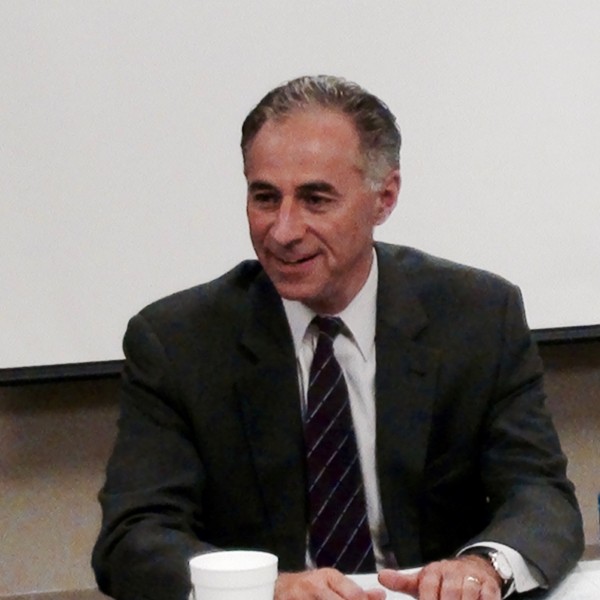
 As for the staff DHS is cutting, saying that there are openings at DCYF is disingenuous. Many of the staff losing their positions at DHS started at DCYF, said Pearlmutter. They took jobs at DHS “because the work at DCYF is so crisis oriented. It’s difficult and emotional work that many found they couldn’t do any more.”
As for the staff DHS is cutting, saying that there are openings at DCYF is disingenuous. Many of the staff losing their positions at DHS started at DCYF, said Pearlmutter. They took jobs at DHS “because the work at DCYF is so crisis oriented. It’s difficult and emotional work that many found they couldn’t do any more.”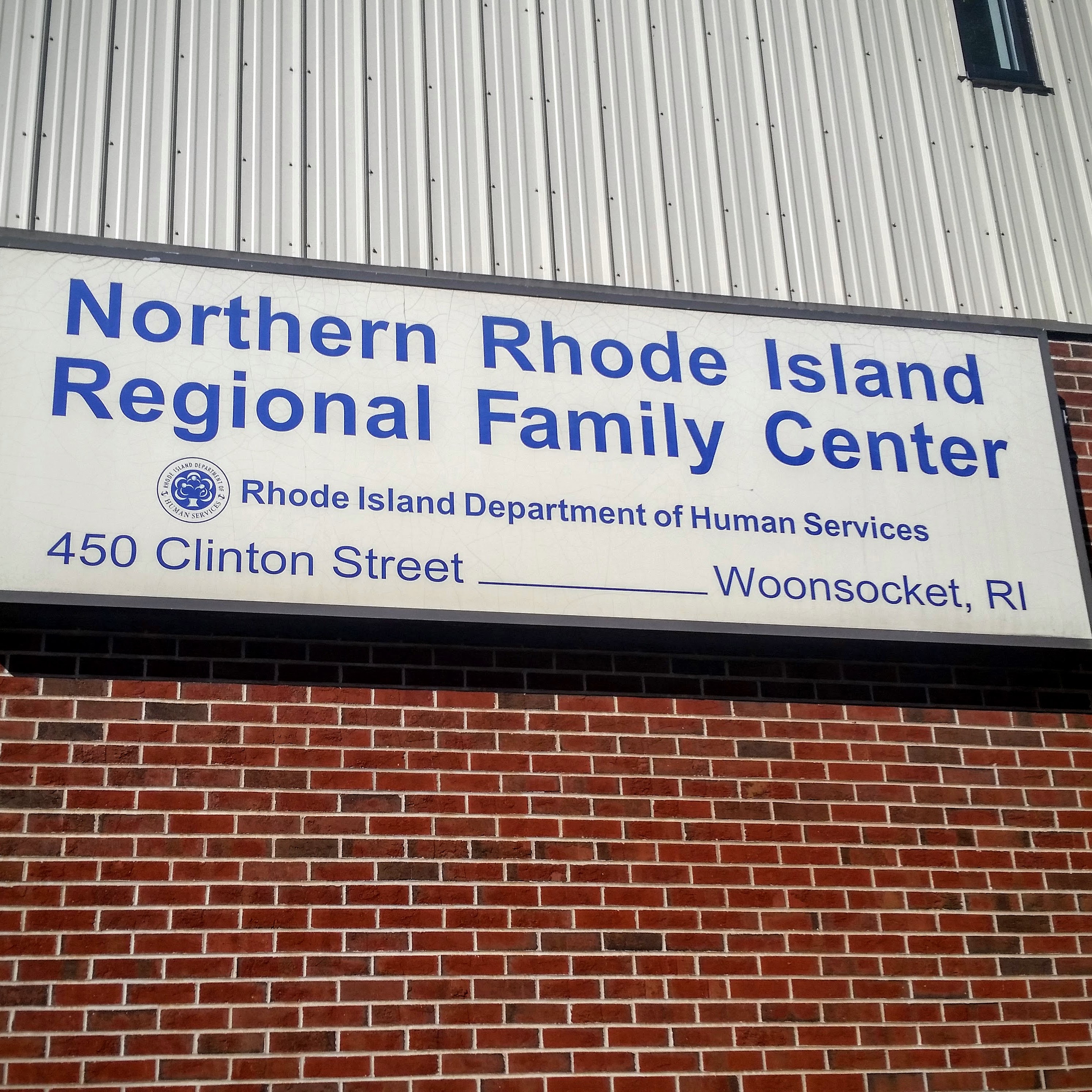
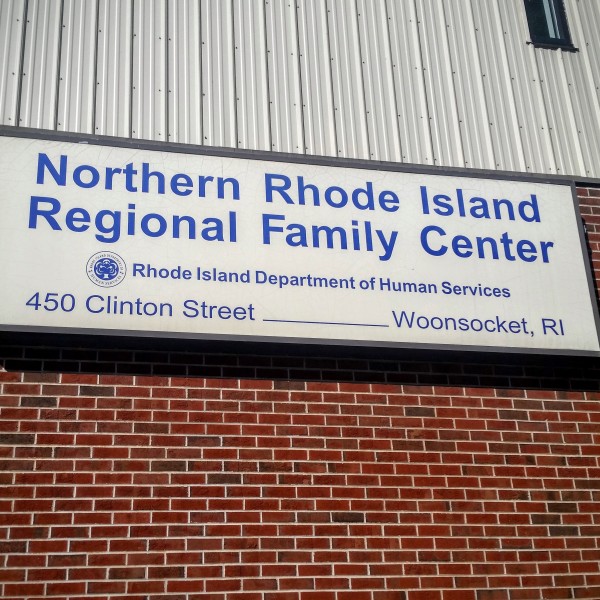 People in need of social services are being turn away from the Woonsocket branch of the RI Department of Human Services (DHS) as the offices are in the midst of a downsizing and relocation.
People in need of social services are being turn away from the Woonsocket branch of the RI Department of Human Services (DHS) as the offices are in the midst of a downsizing and relocation.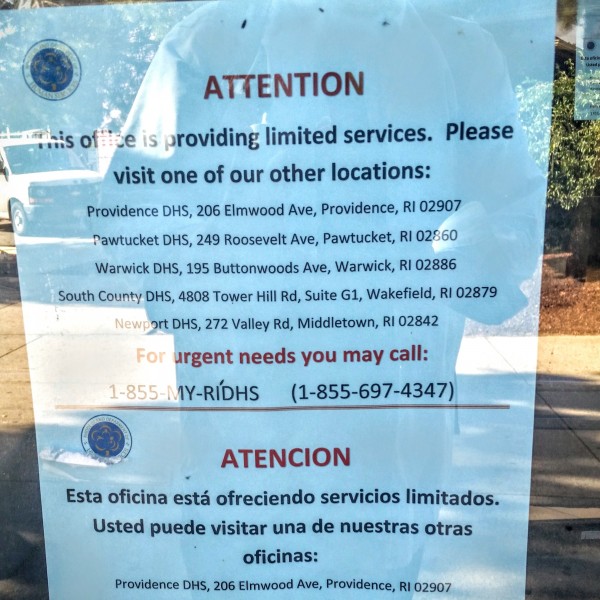
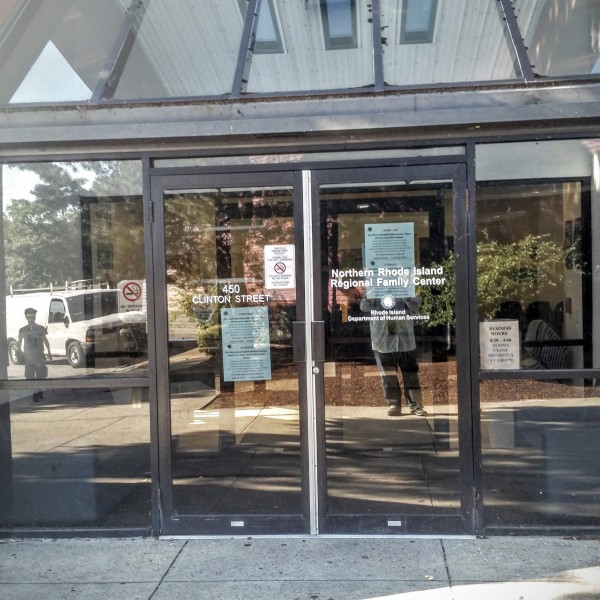 The clients DHS serve are among the most vulnerable in the state, who often have difficulty with transportation and access to the internet. Closing offices, downsizing staff and limiting services, even if only for a month, could have catastrophic effects on families.
The clients DHS serve are among the most vulnerable in the state, who often have difficulty with transportation and access to the internet. Closing offices, downsizing staff and limiting services, even if only for a month, could have catastrophic effects on families.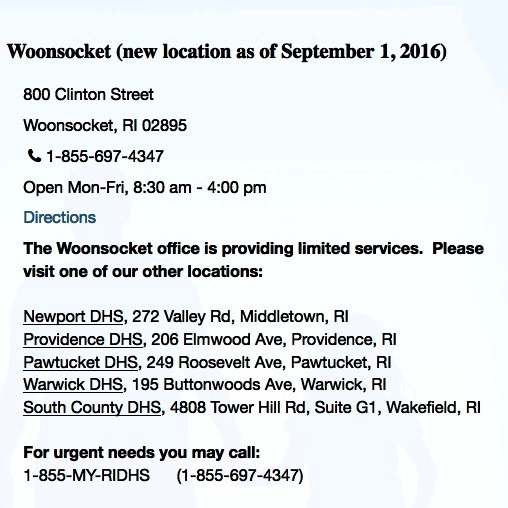

 Food on the Move is a new program that brings fresh produce into underserved communities and doubles the value of SNAP benefits for fresh produce. Right now this is the only mobile produce program in the country.
Food on the Move is a new program that brings fresh produce into underserved communities and doubles the value of SNAP benefits for fresh produce. Right now this is the only mobile produce program in the country. Senator Jack Reed, who secured the initial $100,000 investment in the program, said it is based on
Senator Jack Reed, who secured the initial $100,000 investment in the program, said it is based on 

